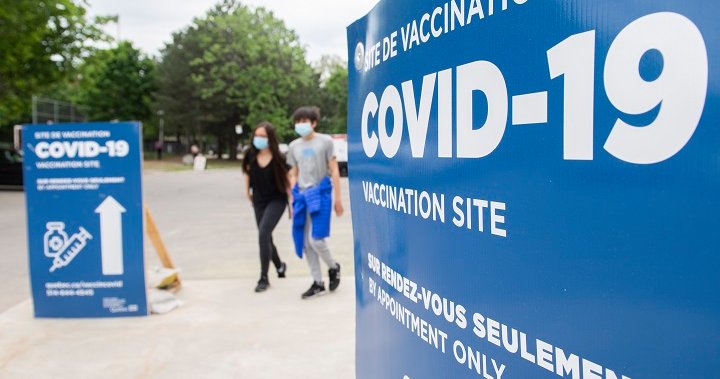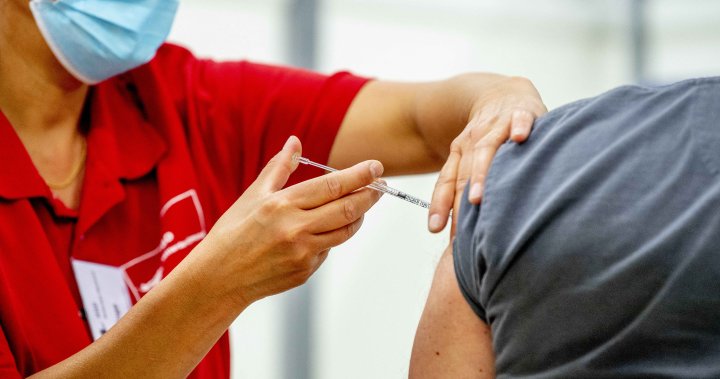America has long been running on Dunkin drink’. But the brand is ensuring that it keeps its customers caffeinated with its newest offering: “Sparkd’ Energy” drinks.
Table of Contents
The iced beverage was added to menus nationwide on Wednesday in a lead-up to spring, according to a press release from the brand. It’s said to provide “a revitalizing burst of energy, made with vitamins, minerals and a kick of caffeine,” and comes in two “sparkling fruit” flavors: Berry Burst and Peach Sunshine.
Dunkin’ says the drinks are meant to bring “a fresh perspective on the classic idea of an energy drink.” However, if the menu additions sound at all familiar, you’re not wrong. In fact, Panera Bread’s “Charged Lemonade,” which is a similarly fruity drink featuring caffeine, has made headlines as the brand faces multiple lawsuits claiming that the stimulant-filled drink is linked to hospitalizations and even two deaths.
So why is Dunkin’ throwing its hat in the energy drink ring, and how much caffeine does this Sparkd’ Energy contain? Here’s what you need to know.
What is the new Dunkin’ drink?
The fruity drinks seem to have a similar appeal to the brand’s already popular “Dunkin’ Refreshers,” which contain 132 mg of caffeine from green tea in a 32-ounce large cup. By contrast, the Sparkd’ Energy drinks contain 192 mg of caffeine in the same-sized order. Both are less than the 347 mg of caffeine served up in a large cup of Dunkin’ cold brew.

Dunkin’s Sparkd’ Energy drink also has less than the 234 mg of caffeine per 30-ounce large cup of Panera’s Charged Lemonade (although the caffeine content was listed as 390 mg as recently as October 2023). The nature of the caffeine within each of the beverages is different as well. Sparkd’ Energy relies solely on a guarana seed blend for its caffeination, while Panera’s includes multiple sources of caffeine. The combination of guarana and another caffeine is what’s most often seen in energy drinks, including Celsius and Alani Nu, as it heightens the caffeine’s effects.
Despite the trouble that Panera has faced from its own energy drink, it’s no surprise that Dunkin’ is attempting to cash in on the success other chains have seen with their own launches. McDonald’s included a “Sour Cherry Energy Slush” on the menu of its latest beverage-led concept CosMc’s, and the lineup of energy drinks at Dutch Bros has generated nearly a quarter of the chain’s sales.
The market for energy drinks has seen rapid growth in the U.S. throughout the past few years, as the industry was valued at $21.1 billion in 2022 and was forecast to increase to $22.7 billion in 2023, according to research firm Mintel. This has been demonstrated through the increasing popularity of brands like Celsius, Prime, Alani Nu and Gorgie disrupting the market traditionally dominated by Red Bull and Monster.
Are energy drinks safe to drink?
While the Food and Drug Administration recommends that healthy adults limit their consumption of caffeine to 400 mg per day, there are other things to consider when it comes to the combination of ingredients in energy drinks specifically. For example, a guarana seed contains more caffeine than a coffee bean, which can contribute to overconsumption. The high quantities of sugar added on top of that pose a separate risk.
People can also be more sensitive to caffeine’s effects as a result of different health conditions and even depending on how quickly it’s consumed. Too much caffeine can cause disruptions in sleep, anxiousness, nausea, a fast heart rate and, in extreme cases (such as having more than 1,200 mg in a short period of time) lead to toxic effects like seizures or death.

Caffeine consumption by kids and teens has a different set of recommendations. The American Academy of Child and Adolescent Psychiatry suggests that kids ages 12 and up can have 100 mg a day at most. The American Academy of Pediatrics (AAP), on the other hand, says that energy drinks shouldn’t be consumed by adolescents at all.
“Drinking these beverages can cause anxiety, hyperactivity, inattention, sensation-seeking and poor decision-making,” said Dr. Tamara S. Hannon, a member of the AAP Committee on Nutrition. Risks over time include heart disease, diabetes and fatty liver disease.
Safe doses of caffeine can actually have some health benefits. However, it’s important to be a conscious consumer, especially as energy drinks become more “health-washed” — and easy to order at a drive-through near you.




